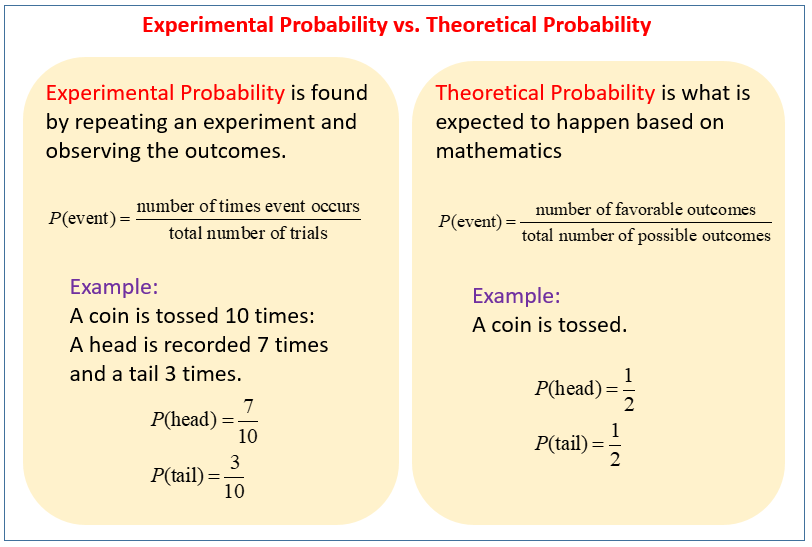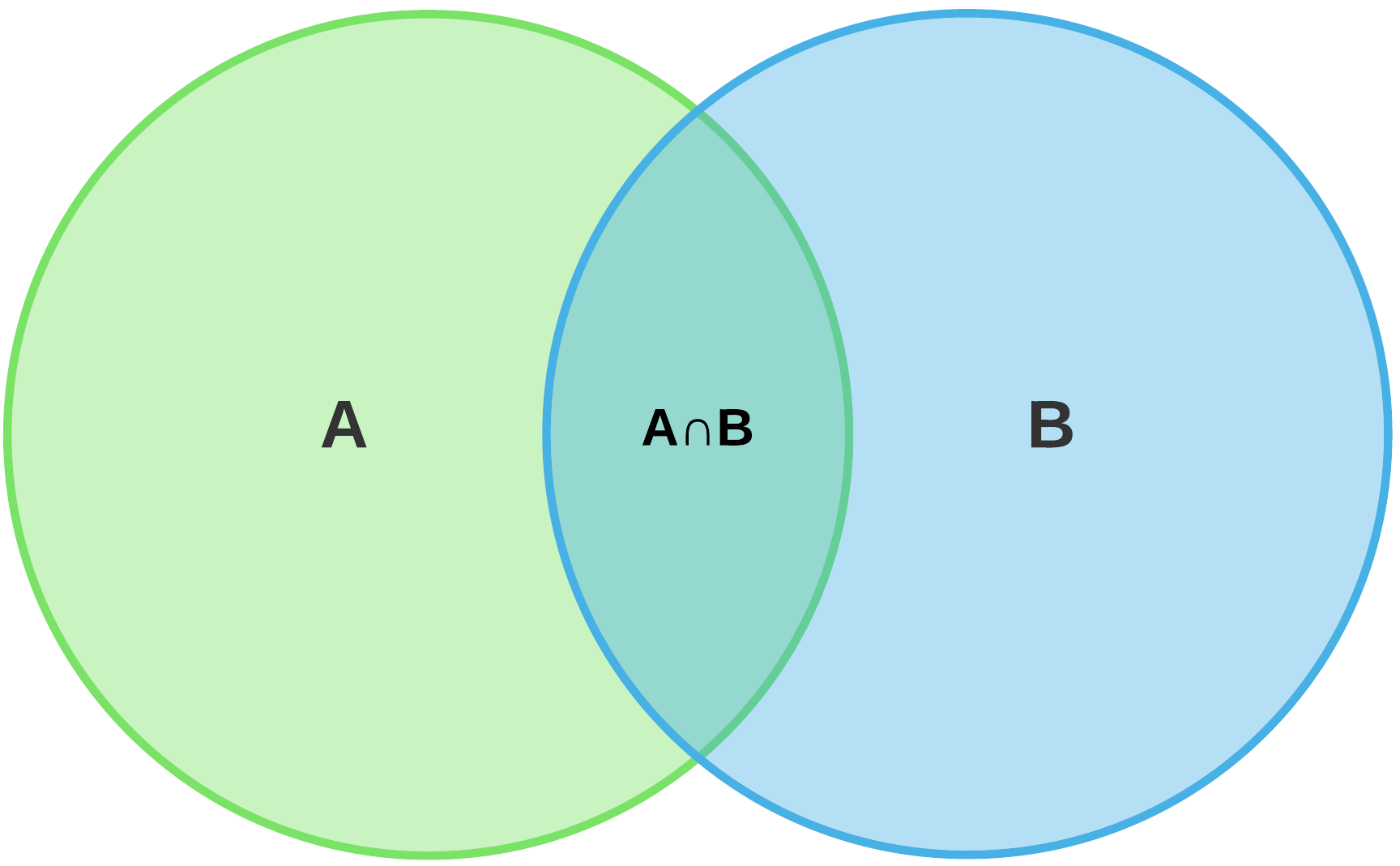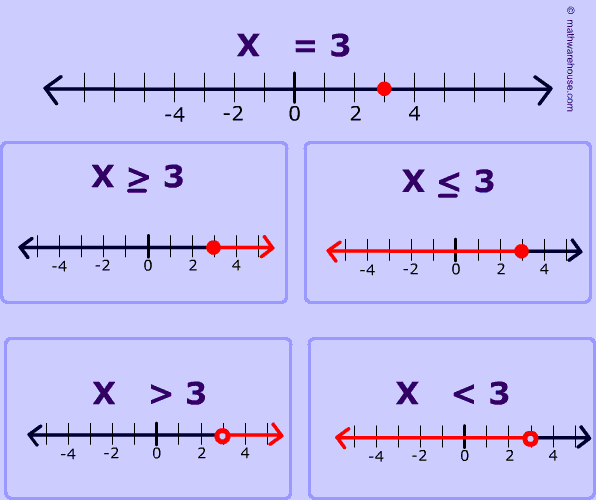Today We Discussed:
Welcome back, students! I hope everyone had a relaxing and fun break!
Today we reviewed what relations are, and reinforced the concepts of domain and range. We also defined functions as special relations where there is exactly one range value for each given domain value. We modeled the different ways of representing a relation: set of ordered pairs, table, mapping diagram, and graph, and used the vertical line test to determine if a graph is a function or not. We also discussed why graphs that fail the vertical line test are not functions.
Many students will try to "force" a relation to be a function, or will feel like it is "bad" if a relation is not a function. We discussed this tendency, and why it's perfectly fine to have a relation that is not a function. Just because something does not fit a particular definition does not make it bad or good - it just is what is is!
Finally, we took a look at function notation. Most students are intimidated by this method of representing an equation in two variables. They are mostly comfortable with an equation of the form
y = 2x + 3
We discussed that f(x) = 2x + 3 is just a fancy way of writing the above equation, and it can be described by saying "there is some function that uses the variable x, where the function rule is 2x+3.
We discussed evaluating functions for given domain values, to produce range values.
DIXI-ROYD was also reinforced today.
Vocabulary: relation, domain, range, function, vertical line test, mapping diagram, DIXI-ROYD, function rule, evaluate function, function notation
Sections Covered in Textbook:
5-2: Relations and Functions (pages 241-246)
Resources & Tutorials:
1)
What is a relation?
2)
What is domain?
3)
What is the range of a relation?
4)
How do you find the domain and range of a relation?
5)
What is a function?
6)
How do you figure out if a relation is a function?
7)
What is function notation?
8)
How do you find f(x) if given a value for x?
Assignments:
1)
Functions and Relations Worksheet
2) Planning Ahead: Quiz Thursday covering graphs, relations, and functions.
























